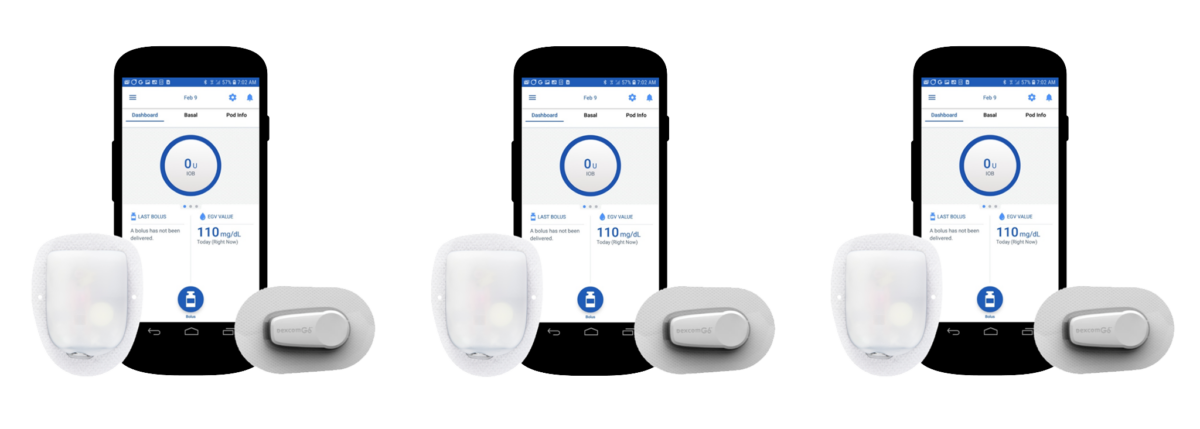Preventing and Delaying Type 1 Diabetes: Updates From the Teplizumab Trial
Written by: Alexandra Mulvey — Science Writer, JDRF International
2 minute read
June 16, 2020
This article was originally published by JDRF, and is reprinted here as part of the JDRF – Beyond Type 1 Alliance.
Last year, at the American Association for Diabetes (ADA) Scientific Sessions, a drug, called teplizumab, was shown to able to significantly delay—for over two years—the onset of type 1 diabetes (T1D) in participants with a high risk of developing the disease. This was the first ever study in humans to show a delay in the onset of T1D.
But it doesn’t stop there. JDRF has updated results, and this is big.
The investigators were able to follow up on the individuals who didn’t develop clinical diabetes, and the effect of teplizumab had been sustained: 50 percent of those treated with teplizumab remain diabetes-free, compared to only 22 percent of those taking placebo, and the delay in diabetes onset was close to three years (35 months).
These were presented by Emily Sims, M.D., an assistant professor of pediatrics at Indiana University and a JDRF-funded investigator, at ADA’s Scientific Sessions.
Additionally, the participants, both the teplizumab and placebo groups, had a progressive decline in the biomarker that measure’s the body’s ability to produce insulin—C-peptide—preceding the trial. But the teplizumab team found that production of C-peptide actually went up following treatment with teplizumab, especially in the first six months after treatment. Like, teplizumab could reverse the downward trajectory of C-peptide loss that was there before the trial.*
And there’s more: the increases in C-peptide were correlated with induction of a state of “exhaustion” in “bad” immune cells. Like, they literally took a punch and lost the ammo to keep on attacking the beta cells.
So, could the exhaustion of “bad” immune cells result in not getting type 1 diabetes (T1D) or significantly slowing down the time to getting it? Well, we’re not there yet, but we’re close, and closer to a day when T1D might be prevented, forever.
Watch Dr. Sims discuss the findings below
*In the placebo group, C-peptide still declined.
Click here for complete coverage of ADA 2020 from Beyond Type 1.

Author
Alexandra Mulvey — Science Writer, JDRF International
Alexandra Mulvey is the science writer for JDRF International. You can read more of her writing on at www.jdrf.org/blog/author/amulvey
Related Resources

Already compatible with Dexcom’s G6 and G7 continuous glucose monitors (CGMs), the Omnipod 5 Automated...
Read more

The younger a person is diagnosed with type 2 diabetes, especially those with obesity, the...
Read more

The Oura Ring, which tracks things like sleep, heart rate, and activity, is joining forces...
Read more

